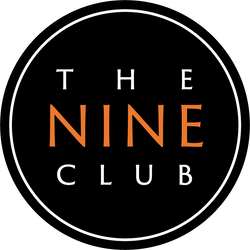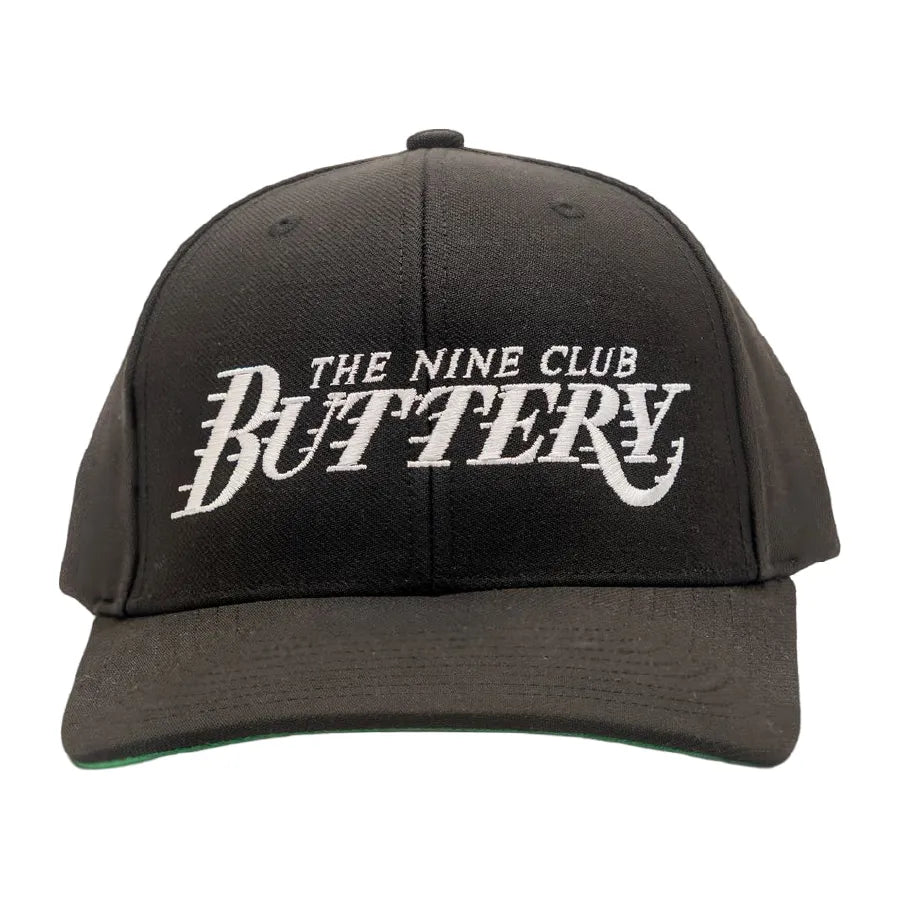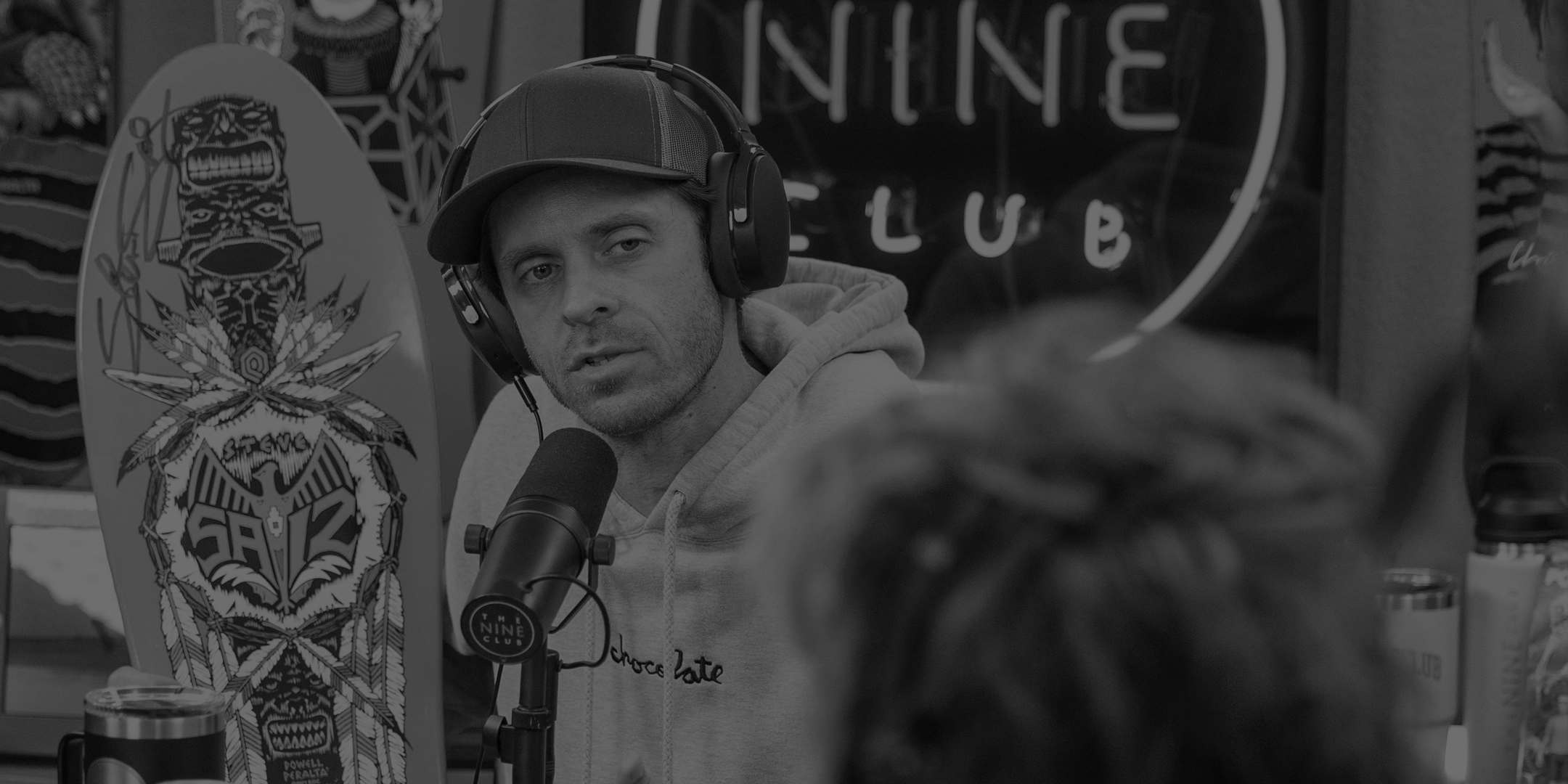Andrew Huberman discusses growing up in South Bay CA area, skating at Embarcadero, working at Thrasher & Slap Magazine, how he got into science, going to college for Neuroscience, why we sometimes “black out” in the middle of a trick, muscle memory is not a thing, why sleep and breathing is extremely important, how to reduce fear and stress, raising your stress threshold (mental toughness), how dopamine in the brain works, what deja vu actually is, longevity and protecting your body and much more!
So here is my list for how to get better at sleeping:
1) View sunlight by going outside within 30-60 minutes of waking. Do that again in the late afternoon, prior to sunset. If you wake up before the sun is out and you want to be awake, turn on artificial lights and then go outside once the sun rises. On bright cloudless days: view morning and afternoon sun for 10 min; cloudy days: 20 min; very overcast days 30-60 min. If you live someplace with very minimal light, consider an artificial daytime simulator source.
Don’t wear sunglasses for this practice if you safely can, but contact lenses and eyeglasses are fine.
No, you don’t have to look directly at the sun, and never look at ANY light so bright it is painful to view! That said, you can’t wear a brimmed hat, sunglasses and remain in the shade and expect to “wake up” your circadian clock.
2) Wake up at the same time each day and go to sleep when you first start to feel sleepy. Pushing through the sleepy late evening feeling and going to sleep too late (for you) is one reason people wake at 3 am and can’t fall back asleep.
3) Avoid caffeine within 8-10 hours of bedtime. Dr. Matt Walker (Sleep Expert from UC Berkeley) might even say 12-14 hours. I do fine with caffeine at 2 pm and I go to sleep at ~10-11 pm. Matt was on the Huberman Lab Podcast and we discussed this in detail.
4) If you have sleep disturbances, insomnia, or anxiety about sleep, try the zero-cost research- supported protocols on the Reveri app (for Apple or Android phones) Do the Reveri sleep self-hypnosis 3X a week at any time of day. It’s only 10-15 min long and will help you rewire your nervous system to be able to relax faster.
5) Avoid viewing bright lights—especially bright overhead lights between 10 pm and 4 am. Here is a simple rule: only use as much artificial lighting as is necessary for you to remain and move about safely at night. Blue blockers can help a bit at night but still dim the lights. Viewing bright lights of all colors are a problem for your circadian system. Candlelight and moonlight are fine. (Shift workers should see the Huberman Lab Podcast on jetlag for offsetting shift work negative effects. Same for jetlagged travelers.)
6) Limit daytime naps to less than 90min, or don’t nap at all. I love naps as do many of my colleagues. I tend to nap for 30 min most afternoons... maybe 45 min, but never longer.
7) If you wake up in the middle of the night (which, by the way, is normal to do once or so each night) but you can’t fall back asleep, consider doing an NSDR protocol when you wake up. Enter “NSDR” into YouTube and the top 3-4 options have different voices, durations for you to select from. Or simply do a “Yoga Nidra” protocol (enter “yoga nidra” to YouTube; 100s to select.)
8) You might consider taking (30-60min before bed):
● 145mg Magnesium Threonate or 200mg Magnesium Bisglycinate
● 50 mg Apigenin (Swanson is the only source I know of; we have no affiliation to Swanson)
● 100-400mg Theanine
● (3-4 nights per week I also take 2 grams of Glycine and 100mg GABA.)
*I would start with one supplement (or none!) and then add one at a time as needed. Some people do not need any supplements, and some people like theanine but not magnesium, etc. so you have to determine what is best for you.
**Don’t take theanine if you have overly intense dreams, sleep-walk, or have night terrors.
***Also, some people (~5% ), get an agitated stomach from magnesium supplementation, in which case, do not take it.
****I use supplements from Thorne for all of the above, except the Apigenin, as they don’t make it. Also, they do not manufacture Magnesium Threonate either. Magnesium Bisglycinate is a good replacement for Threonate. You can get 20% off all Thorne supplements at: thornece.com/u/huberman or you can pick another source you like and trust. Thorne does not ship outside the USA.
9) Expect to feel really alert ~1 hour before your natural bedtime. This is a naturally occurring spike in wakefulness that sleep researchers have observed. Don’t freak out if it happens. It will pass!
10) Keep the room you sleep in cool and dark and layer on blankets that you can remove. Your body needs to drop in temperature by 1-3 degrees to fall and stay asleep effectively. Body temperature increases are one reason you wake up. Thus, keep your room cool and remove blankets as needed. If it’s too hot you would have to use a cooling device and that’s harder than simply tossing off blankets if you get too warm.
11) Drinking alcohol messes up your sleep. As do most sleep medications. This was discussed on the Huberman Lab Podcast Episode with Dr. Matt Walker.
12) Kids (and indeed all of us) have changing sleep needs over time. Adjust accordingly. We might be night owls at 15 but become “morning people” as we age or need 6 hours a night in summer and 7-8 in winter. It will vary!
That’s it for now. Again, sleep is THE foundation of our mental and physical health and performance in all endeavors. Yet no one is perfect about sleep. The occasional night out or missing sunlight viewing here and there is not a big deal, so don’t obsess about that. However, if any of us drift from these and the other behaviors for too long, we start to suffer. So whatever your life and goals and schedule, master your sleep. You’ll be so happy you did!
New episodes of The Huberman Lab Podcast are out each Monday on YouTube, Apple and Spotify. Please subscribe to those channels.
I post additional science and science-based tools on Instagram and Twitter. Thank you for your interest in science!
Best wishes,
Andrew
PLEASE NOTE: The Huberman Lab Podcast is distinct from Dr. Huberman's teaching and research roles at Stanford University School of Medicine. The information provided on the podcast, social media posts and newsletters is not medical advice, nor should it be taken or applied as a replacement for medical advice. The Huberman Lab Podcast, its employees, guests and affiliates assume no liability for the application of the information discussed.








